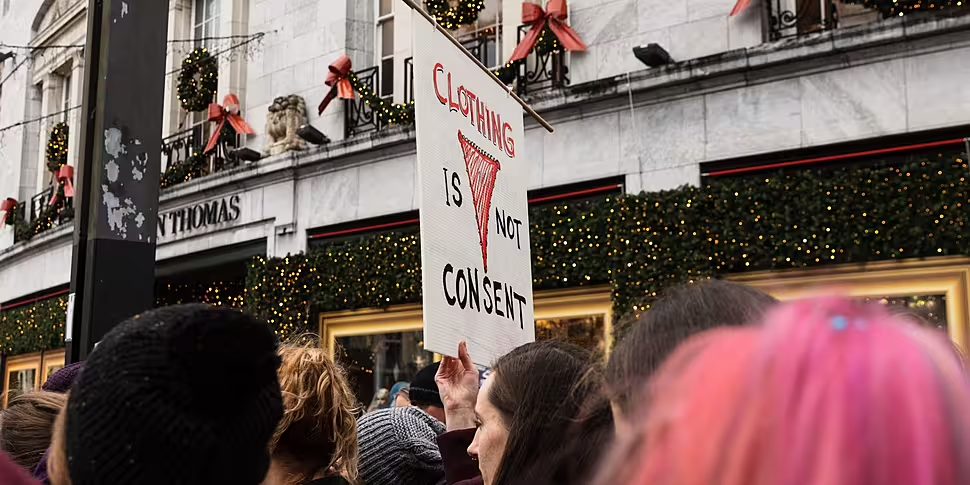Irish attitudes towards rape and sexual assault are ‘disappointing’ but not surprising, according to a spokesperson for the Kerry Rape and Sexual Abuse Centre.
5% of Irish respondents told a Eurobarometer survey from earlier this year that they ‘totally agree’ that women often make up or exaggerate claims of abuse or rape.
32% of people said they “tend to disagree”, a further 36% said they “strongly disagree” and the rest said they were unsure.
Kerry Rape and Sexual Abuse Centre manager Vera O’Leary told Lunchtime Live that she was not shocked, but 'extremely disappointed' by these results.
“We are hearing these [issues] on a daily basis from the clients that access our service who are fearful of reporting, who are fearful of not being believed - who don't come forward at an early stage because they have internalised these beliefs that are really prevalent in society,” she said.
Ms O’Leary said more resources are needed to tackle the beliefs at the heart of this issue.
“There's an awful lot more going on in society that we need to address,” she said.
“Every rape crisis centre in Ireland at the moment is inundated – the demand is huge; and yet we have waiting lists.
“When somebody contacts us, they need that immediate response to be able to deal with the impact of the sexual violence."
'Partially responsible'
Rape survivor Ciara Mangan said that people often think a victim is ‘partially responsible’ for their assault if they were intoxicated.
“The perpetrator is the only person to blame in any sexual assault or rape,” she said.
“It doesn't matter if the victim is drinking or taking drugs – that doesn't come into it at all.
“They don't go and say, ‘I'm going to drink and take drugs tonight, and then I'm looking to be ‘partially responsible’ for any sexual assault’.
“The perpetrators [are] the ones that are preying on people who are incapacitated.”
'Manosphere'
Caller Ashley said that ‘manosphere podcasts’ are contributing hugely to these beliefs.
“Rather than it being a 'still' issue, it’s a new issue, because you have younger people coming up listening to manosphere podcasts,” she said.
“Those are podcasts that are supposed to be about embracing masculinity and being a real man, but it's really just misogyny.
“They look at the reasons why men are unhappy - why they're sad, they're lonely and they feel powerless - and they say that's women's fault.”
Ashley said these beliefs need to be challenged instead of spread further.
If you have been affected by any of the issues raised in this article, you can contact the Dublin Rape Crisis Centre's National Helpline on 1800 778888.
Listen back here:









